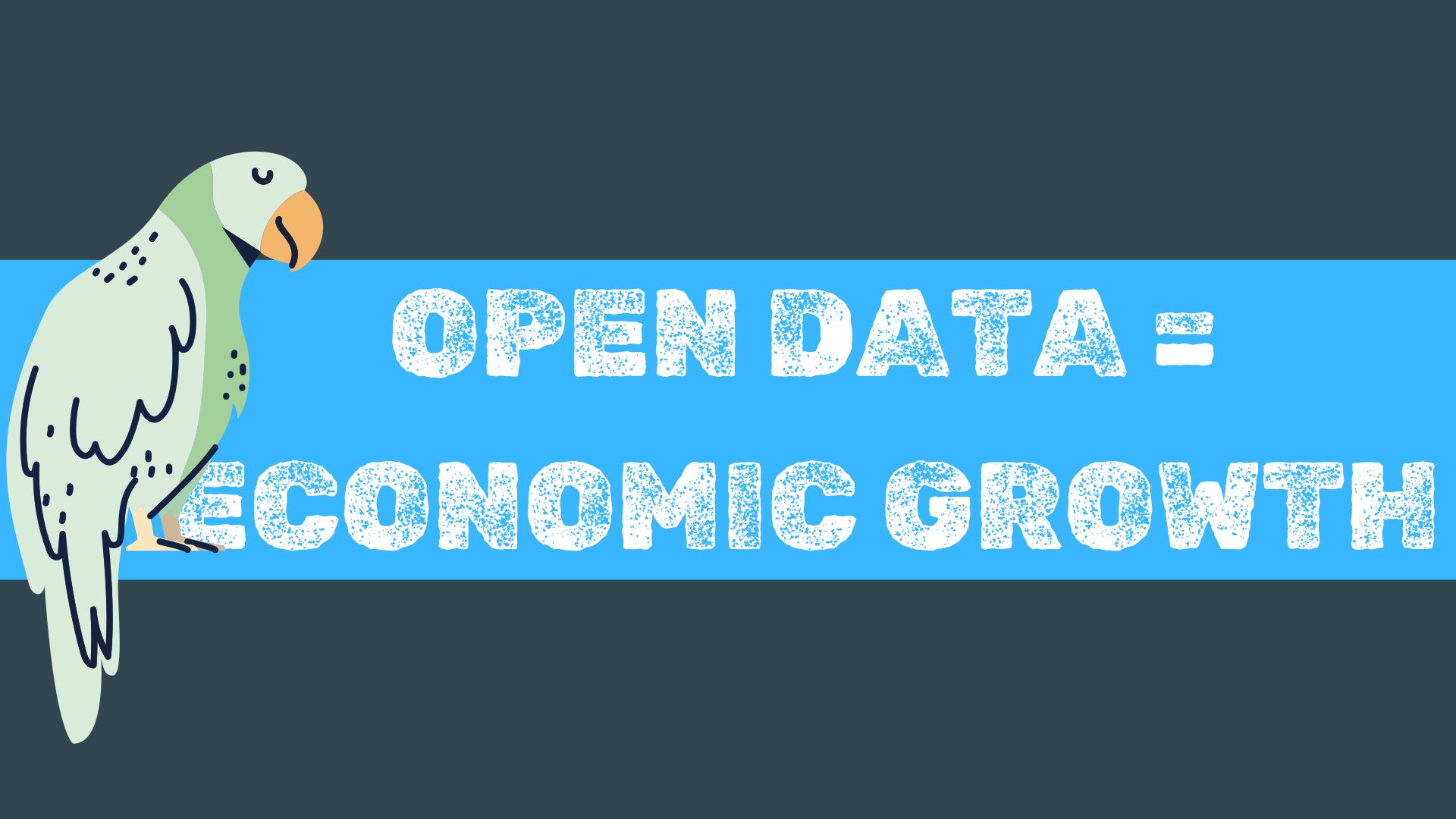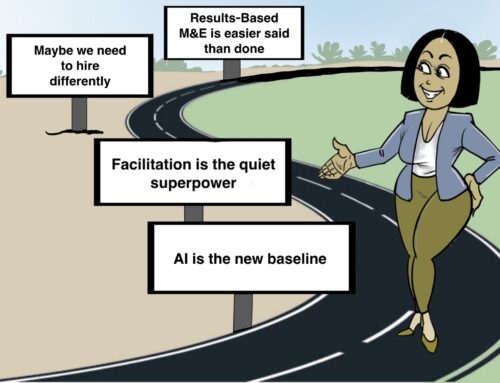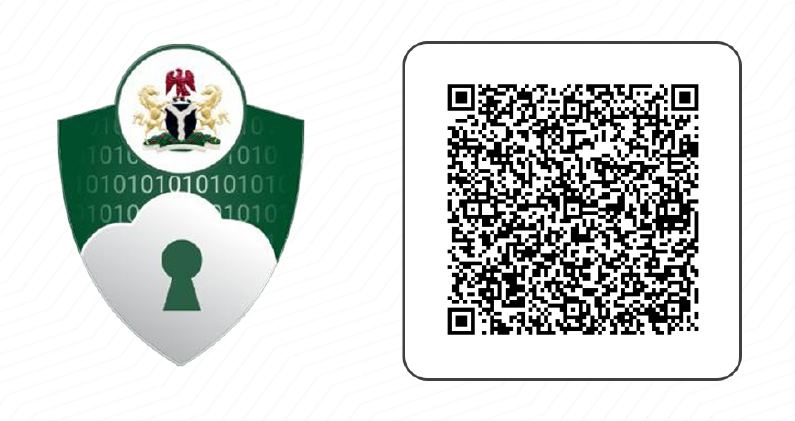Originally published on the Federal News Network
Paper can be downloaded here – https://www.cloneshouse.com/wp-content/uploads/2024/12/Do-Open-Data-and-Transparency-Provide-What-We-Expected.pdf
As governments worldwide adopt open data initiatives, open government platforms have become accessible, aiming to foster transparency, increase public engagement, and improve accountability. Yet, as users freely access these datasets without identification, the actual impact of these initiatives on public engagement and accountability remains uncertain. Are we truly achieving the expected outcomes, or are these platforms serving different purposes?
During the OpenGov week in 2024, I and other colleagues hypothesized open data trends from Finland, India, Nigeria, and the United States, where we explored the primary beneficiaries of open data and discuss whether open government is living up to its promise.
Key Findings: Who Uses Open Data?
Our study shows that public engagement and government accountability often play secondary roles, with commercial and governmental uses taking precedence. Here’s what we found:
- Business Use Cases: Businesses frequently access open data to guide strategic planning and identify growth opportunities.
- Government Analysis: Public agencies use open data to measure program performance, enabling internal assessments and improvements.
- Media and Advocacy Groups: Journalists, researchers, and activists leverage open data to highlight societal issues, translating complex datasets into narratives that drive public awareness.
- Limited Impact on Anti-Corruption Efforts: Surprisingly, only a few of the most accessed datasets directly address government accountability or anti-corruption.
Unmet Expectations in Public Engagement
Our research suggests that open government data often aligns more with the “supply side”—the datasets that governments are willing and able to share—than with the “demand side,” which considers what potential users want. This gap could explain why transparency objectives are not fully realized. In the absence of targeted marketing or dedicated distribution of high-value data, public engagement remains limited, with citizens rarely accessing data directly.
The Potential of Open Data for Economic Growth
Despite these challenges, open data holds significant untapped value for economic development. By recognizing and maximizing this potential, governments can better understand the data’s commercial value, driving growth while supporting public services. However, most agencies lack systems to measure the economic impact of open data, leading to missed opportunities.
Recommendations: Shaping the Future of Open Data
To enhance the role of open data in achieving transparency and engagement goals, we recommend the following actions:
Research to Identify Open Data Users and Benefits: The Open Government Partnership should commission studies to understand user demographics and the value generated from open datasets.
Best Practices for Public Engagement: Governments could improve engagement by exposing datasets that foster trust and interest among citizens, using targeted communication to raise awareness about available data.
Demand-Driven Data Collection: Governments should seek input on the types of data citizens want, aligning open data offerings with public interest and high-value use cases.
Conclusion
While open data initiatives are a promising step toward transparency, our study reveals that much work remains to align these efforts with intended outcomes. By focusing on the demand side and recognizing the economic and social value of open data, governments can better serve their citizens and support broader transparency goals.
About the Authors:
Jeff Myers. Jeff is a Senior Director at REI Systems, Inc. (REI Systems developed Data.gov for the U.S. General Services Administration and the US Federal Government.) He helps public sector agencies design and implement programs and organizations that enable them to achieve their goals. Jeff is a Federal 100 Award Winner.
Anand Trivedi. Anand is a Principal at REI Systems, Inc.; he is also the former Director of the Government of India’s Evidence, Data, and Digitization portfolio
Oludotun Babayemi. Oludotun is the founder of Cloneshouse , a Monitoring, Evaluation and Learning organization. He is proud to have been a Reagan-Fascell Democracy Fellow at the U.S. National Endowment for Democracy. Oludotun is also the co-founder of Connected Development (CODE), an Abuja-based organization that uses online and offline tools to promote accountability and transparency in Nigeria. Through CODE’s Follow the Money project, he and his team advocate for and track the disbursement of funds for local communities.






A worthy read!